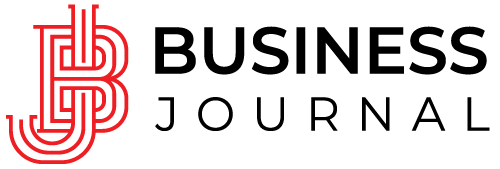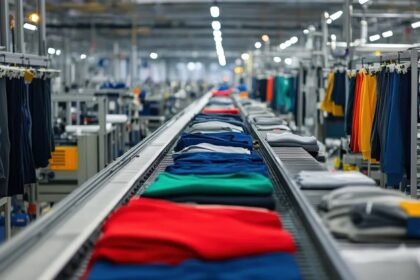German chemicals giant BASF (BASFn.DE) reported a 1.5% drop in revenue for the first half of 2025 to €33.17 billion, hit by lower prices across multiple segments and adverse currency effects, despite modest volume growth in selected businesses.
The group said earnings before interest, taxes, depreciation and amortisation (EBITDA) before special items fell 5.8% to €4.40 billion, while EBIT slumped to €1.69 billion, down €515 million from a year earlier. Net income fell more than 50% to €887 million from €1.80 billion in H1 2024.
“Sales declined in four out of six segments, driven mainly by lower prices and negative currency effects,” the company said in a press release. “Volumes rose in Surface Technologies and Agricultural Solutions.”
BASF had pre-announced lower earnings earlier in July and confirmed a full-year EBITDA target of €7.3 billion to €7.7 billion—below 2024’s adjusted figure of €7.93 billion. The group is implementing cost-cutting measures across its global operations, targeting annual savings of €2.1 billion by 2026.
Segment Performance
The Chemicals segment, which includes key basic chemicals and intermediates, saw EBITDA before special items drop 43.5% to €506 million, reflecting ongoing pressure in cracker and propylene value chains. Sales in the segment were down 5.8%.
Agricultural Solutions was the only division to improve margins, with EBITDA before special items up 9.1% year-on-year and a margin of 30%—benefiting from stronger volumes and positive mix effects.
Other divisions including Materials, Industrial Solutions, and Nutrition & Care posted declines in both sales and earnings.
KEY FIGURES:
| Metric | H1 2025 | H1 2024 | % Change |
|---|---|---|---|
| Revenue | €33.17 bln | €33.66 bln | –1.5% |
| EBITDA (before special items) | €4.40 bln | €4.67 bln | –5.8% |
| EBIT | €1.69 bln | €2.21 bln | –23.3% |
| Net Income | €887 mln | €1.80 bln | –50.7% |
| EPS | €0.99 | €2.01 | –50.7% |
| Free Cash Flow | –€1.27 bln | –€986 mln | n/a |
Cash Flow And Outlook
Operating cash flow dropped sharply to €603 million from €1.44 billion in the same period last year, while free cash flow stood at negative €1.27 billion. BASF attributed this partly to higher inventories and lower customer prepayments.
Capital expenditures in H1 were €2.18 billion, down from €2.42 billion in H1 2024. Investments in its major China Verbund site in Zhanjiang were adjusted based on market conditions.
CEO Martin Brudermüller, who is due to step down later this year, said the company continues to face significant macroeconomic headwinds. “We remain disciplined on cost and continue our portfolio optimization strategy,” he said.
Shares in BASF were down 1.2% in Frankfurt trading following the earnings release.






